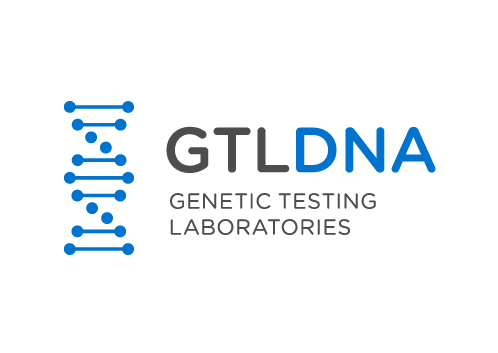Barrett’s oesophagus is a condition where abnormal cells emerge in the area where the oesophagus meets the stomach.
To identify the illness, an endoscope will be inserted via the patient’s mouth or nose. Only 1 in 300 people with the condition will ever develop cancer, but patients who are considered at risk may be required to receive extensive treatment just to prevent the risk, even if the treatment later proves to be unnecessary.
This is about to be changed by a statistical model built by a team of scientists at the University of Cambridge and European Bioinformatics Institute (EBI).
The scientists sequenced the DNA of 88 patients with Barrett’s oesophagus and then compared them against 777 samples from healthy people. This allowed them to identify “chunks” that had either been deleted or repeated several times.
People whose DNA samples had higher numbers of copy alterations that increased over time were discovered to be at higher risk of developing throat cancer. Unlike repeated occurrences found in biopsies which had a high degree of variability, the scientists’ model gave surprisingly stable predictions of cancer progression risks.
Using this information to build a statistical model, the team monitored 76 people. They were then able to predict the emergence of throat cancer in two-thirds of the patients within two years. Furthermore, they predicted the emergence of cancer in half of the patients within eight years.
The results of this study mean that patients at a real risk of facing cancer will receive immediate treatment rather than repeat biopsies until the early signs of cancer emerge. Conversely, it will also reduce the burden of conducting regular biopsies on low-risk patients unlikely to get cancer. The monitoring will possibly be cut by up to 50%.
According to Professor Rebecca Fitzgerald from the MRC Cancer Unit at the University of Cambridge, while early diagnosis is one of the best strategies to improve patient survival and outlook, it could also result in over-treatment where patients who are not facing any real risks of getting cancer are made to undergo unnecessary treatments. Hence, there is the need to find new ways to accurately detect cancer progression at a very early stage.
Related Articles:
- DNA Testing Lab Offers Break in Human Placenta Case
- Genetic DNA Tests Prove Tutankhamun Died of Malaria
- Get a DNA Test from Genetic Testing Laboratories
